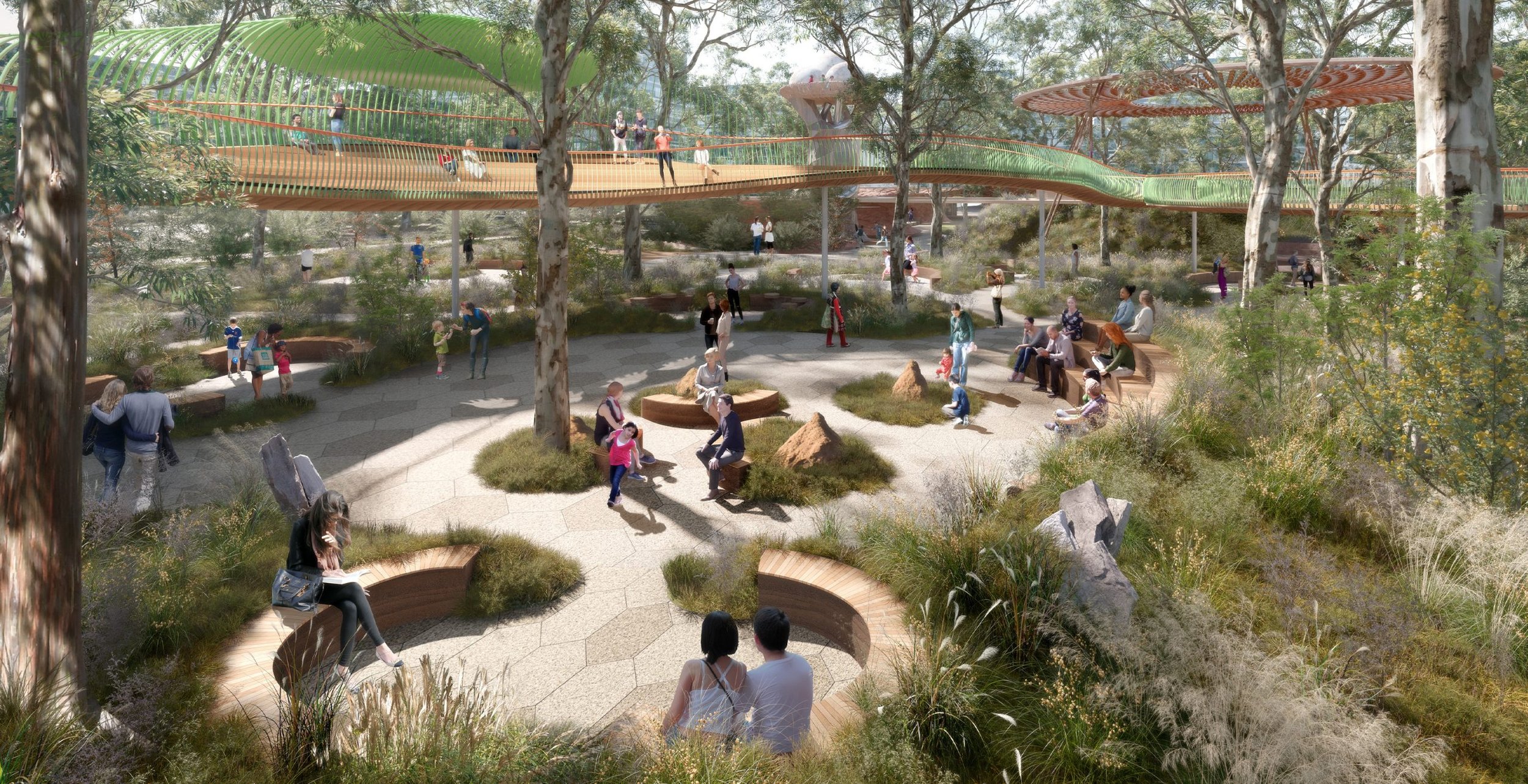
Festival of urbanism 2024
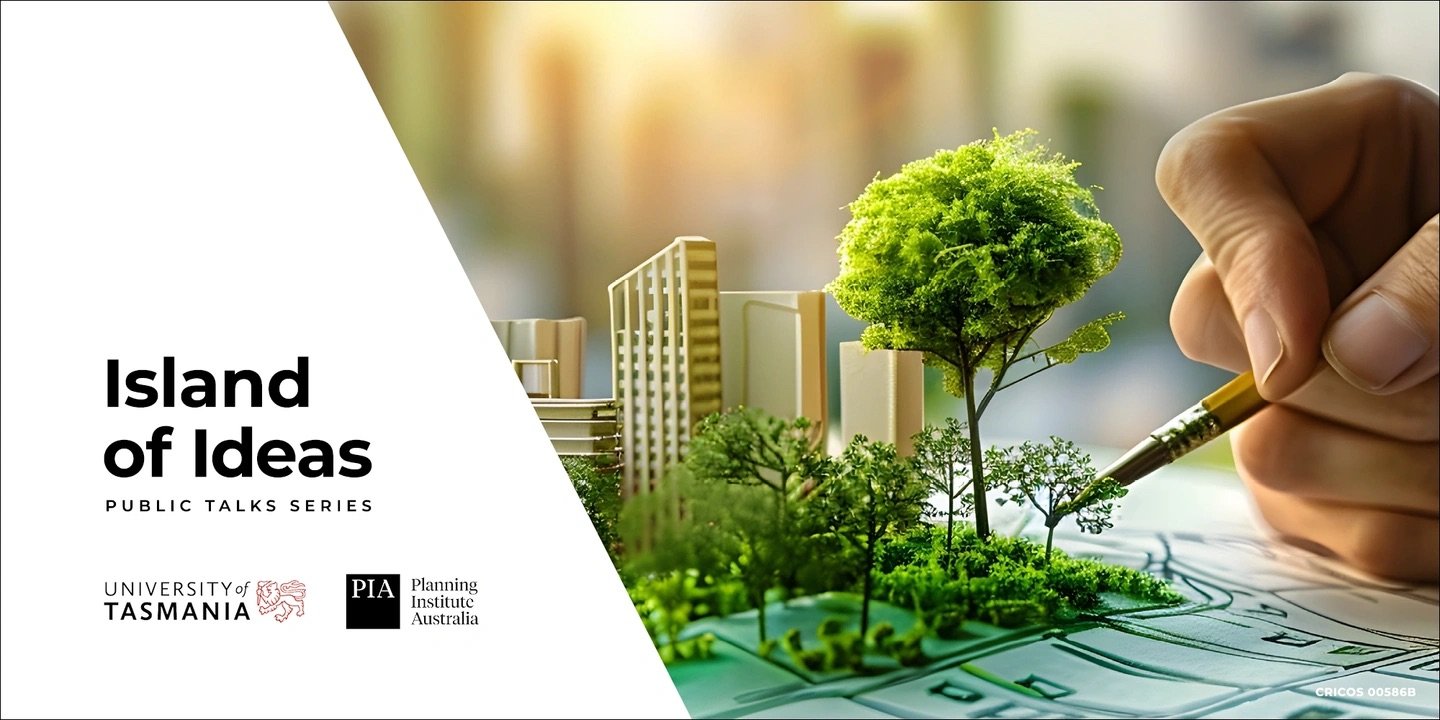
Planning in a time of polycrisis: Possibilities for hope
Tasmania
We are living in a time of rapid and unexpected change, where crises seem to multiply and intertwine - from the global pandemic to housing shortages and the ongoing impacts of climate change. This overwhelming convergence of issues is what experts call a 'polycrisis', and it’s impacting the way we live, work, and plan for our future.
Once, urban planning provided a solution to such complex challenges, but now it receives criticism for stalling development - blamed for blocking housing supply while perpetuating environmental harms and enabling ongoing dispossession of Aboriginal land. Amid criticism, how can today’s planners reclaim the spirit of old and build inclusive, resilient communities that are equipped to thrive in the face of polycrisis?
Join Nicole Gurran as she explores practical solutions for making urban planning a powerful tool in shaping a brighter, more sustainable future.
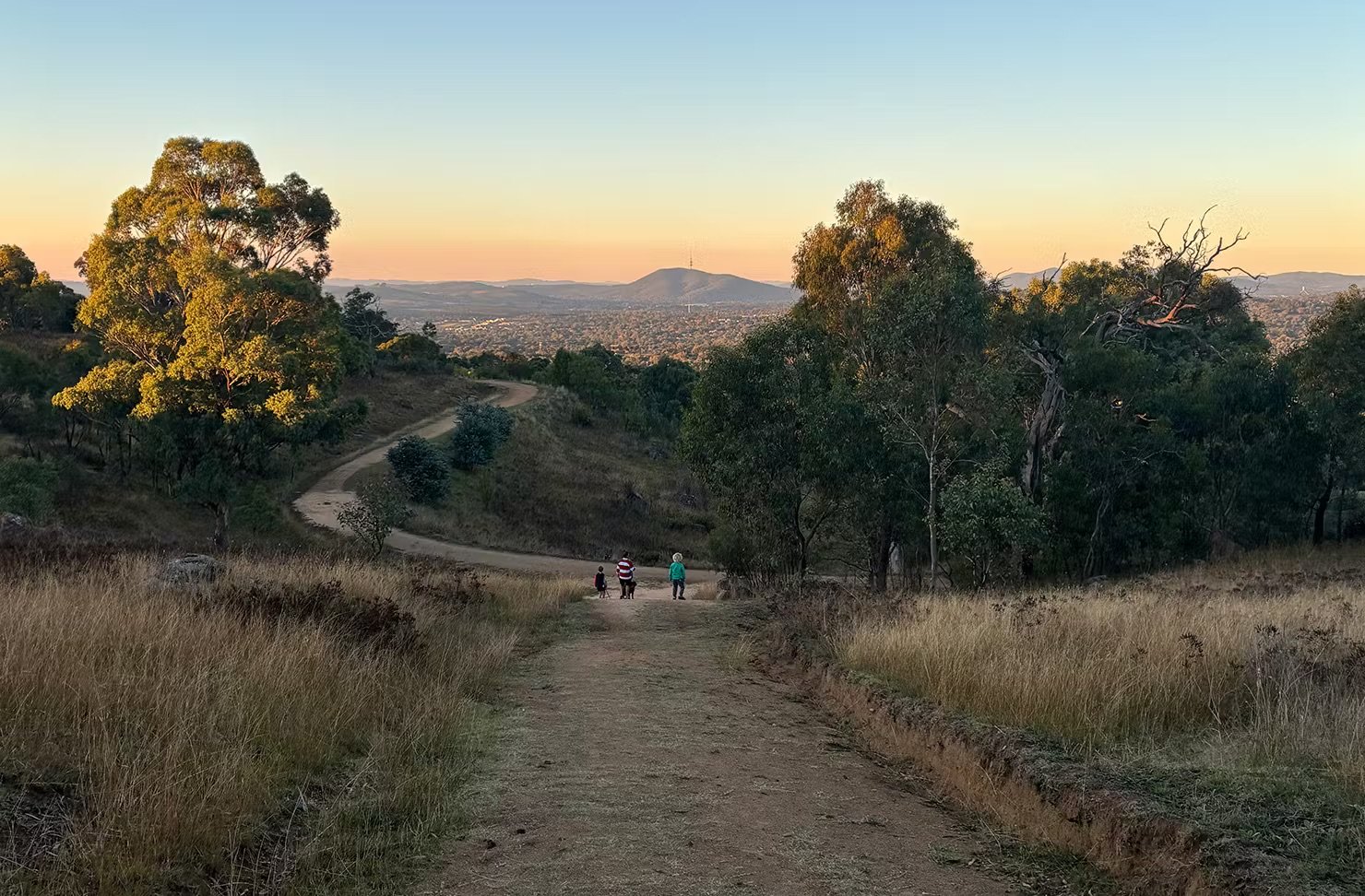
Planning the public city: Tackling wicked problems in the Nation’s Capital and region
Canberra
Canberra, our "Bush Capital," was meticulously planned by Walter Burley Griffin and Marion Mahoney Griffin. Known for its liveability and natural diversity, Canberra faces serious challenges due to climate change, a growing population, and outdated policies, all threatening its ecology.
Addressing these complex, interconnected problems is vital. Join an eminent panel as they explore these issues and engage in a broader discussion.
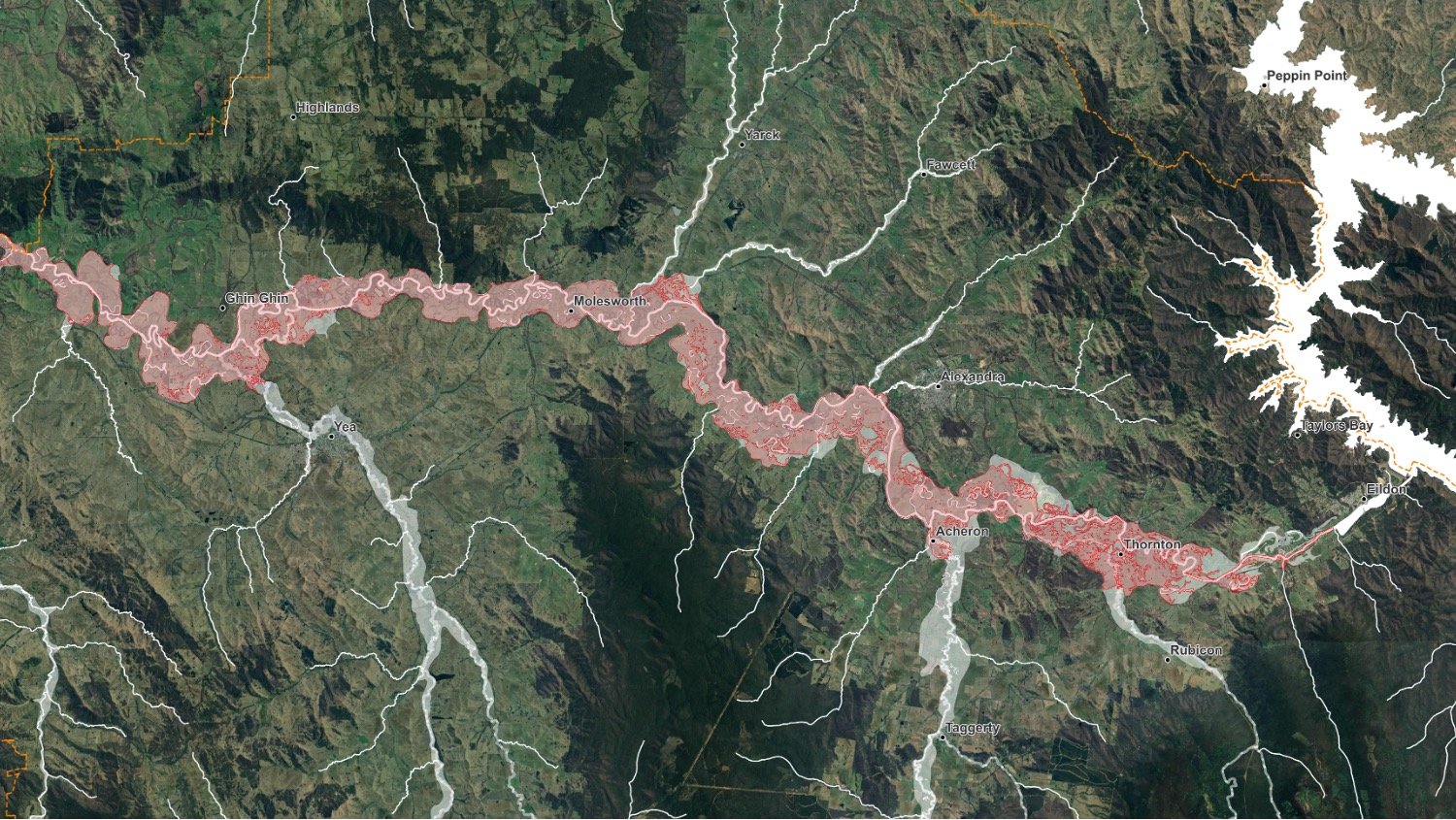
Reshaping River Space: Bisenzio River Prato; Citarum River West Java; Goulburn River north-east Victoria; Whau River Tāmaki Makaurau Auckland
Melbourne
Rivers are ancient, dynamic systems, rich with environmental, cultural and public values. But over centuries, river territory has been squeezed, damaged and polluted in the face of anthropocentric pressures. In this session, Monash University researchers present imagery for the regeneration of four rivers in four countries, each reimagined to make space for flooding, ecological diversity and improved water quality, for the betterment of all life.
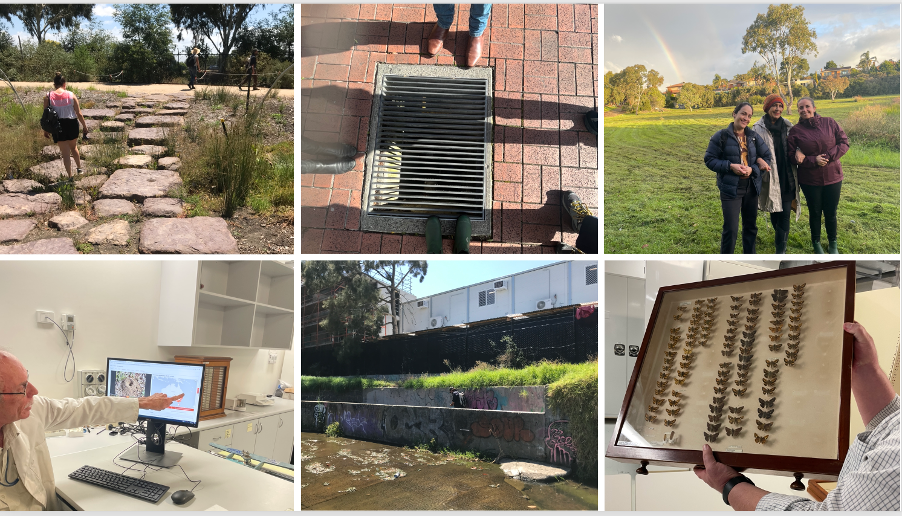
Repairing Memory and Place: An Indigenous-led, practice-based approach to urban water design
Melbourne
The separation between cultural memories of water, urban water management processes and the material presence of water in south-east Naarm Melbourne, is the focus of this panel of Monash University researchers from an ARC Linkage Project. Using methods including On Country Learning, archival research and digital mapping, this project challenges siloed approaches through the integration of First Nations ways of knowing with interdisciplinary information. How might this approach facilitate understandings of the relationships between people, land and waterscapes, in the face of continued changes in public environments?
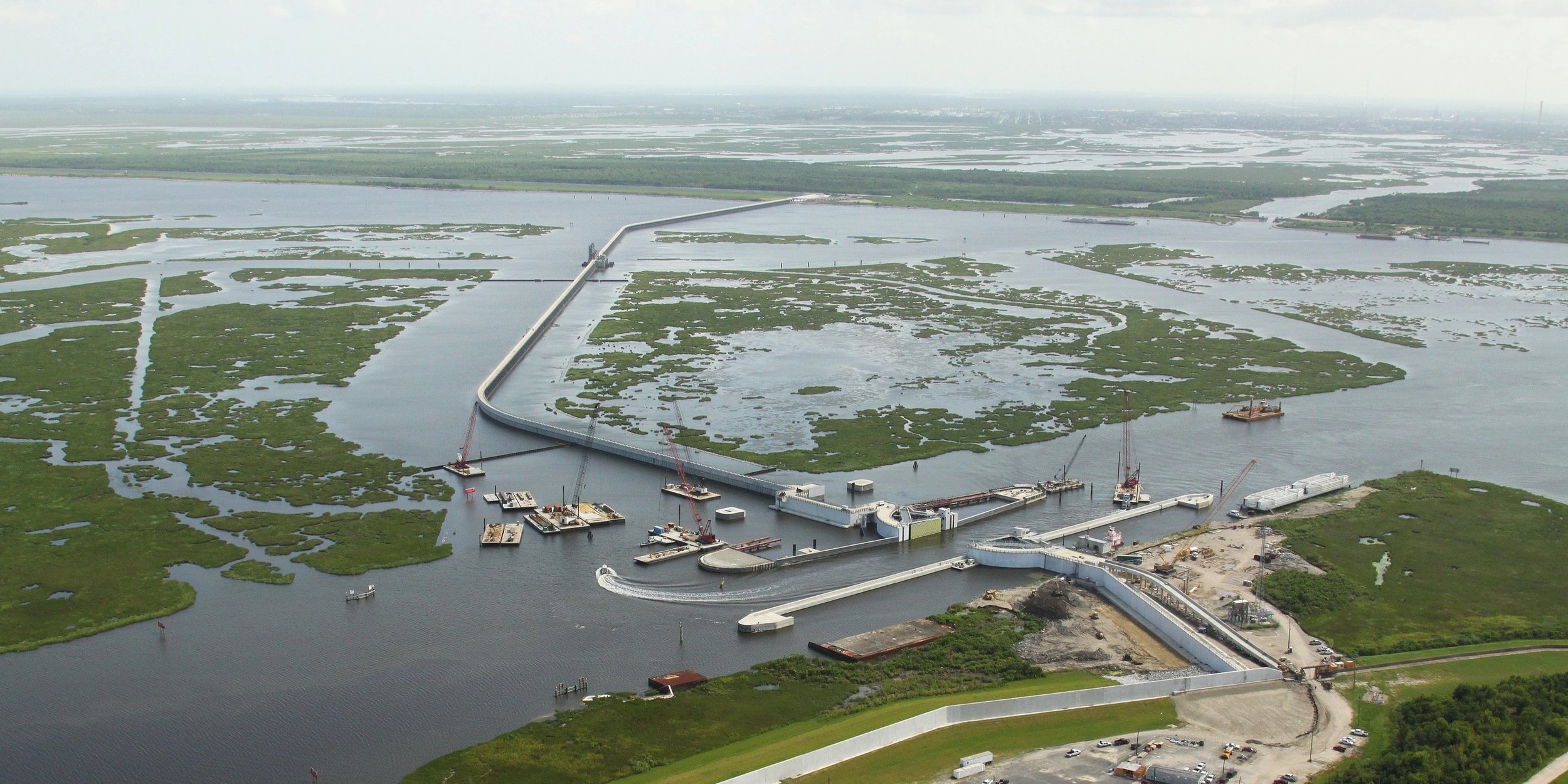
Maintaining Adaptation: Two Decades of Public Sensemaking around Urban Water Following Hurricane Katrina – Public Talk by Dr. Joshua A. Lewis
Sydney
2025 will mark 20 years since Hurricane Katrina struck New Orleans and the Gulf Coast of the United States. In the years following the storm’s devastation, many visions of the city’s future have been proposed, elaborated, and contested by residents, planners, and policymakers. In 2013, a group of experts convened by local organizations released the Greater New Orleans Urban Water plan, a visionary proposal to transform the region’s infrastructural paradigm towards an approach described as “living with water.” The plan leaned heavily on green stormwater infrastructure as a remedy for the ecological, hydrological, and economic challenges laid bare by Katrina. In 2023, a group of over 150 local organizations convened in a series of workshops and events to assess progress, confront persistent challenges, and identify important opportunities for achieving the goals put forth in the landmark 2013 plan. What has New Orleans learned over these twenty difficult years? What insights might other regions grappling with water infrastructure dilemmas gain from this journey?

Reconstruction, adaptation and the creative sector
Lismore
This special panel discussion explores the vital role played by the creative sector in helping communities navigate an uncertain future. In this case the uncertain future is made obvious by the unprecedented floods of 2022 and the clear need for a substantial change in how we prepare for and manage floods and other hazards in the Northern Rivers. Lismore is in the midst of a massive reconstruction effort, and this includes the major cultural institutions based there. This panel will explore how these organisations see their role in this moment in this community and will look at the decisions they have made regarding their own programs, infrastructure and future plans.
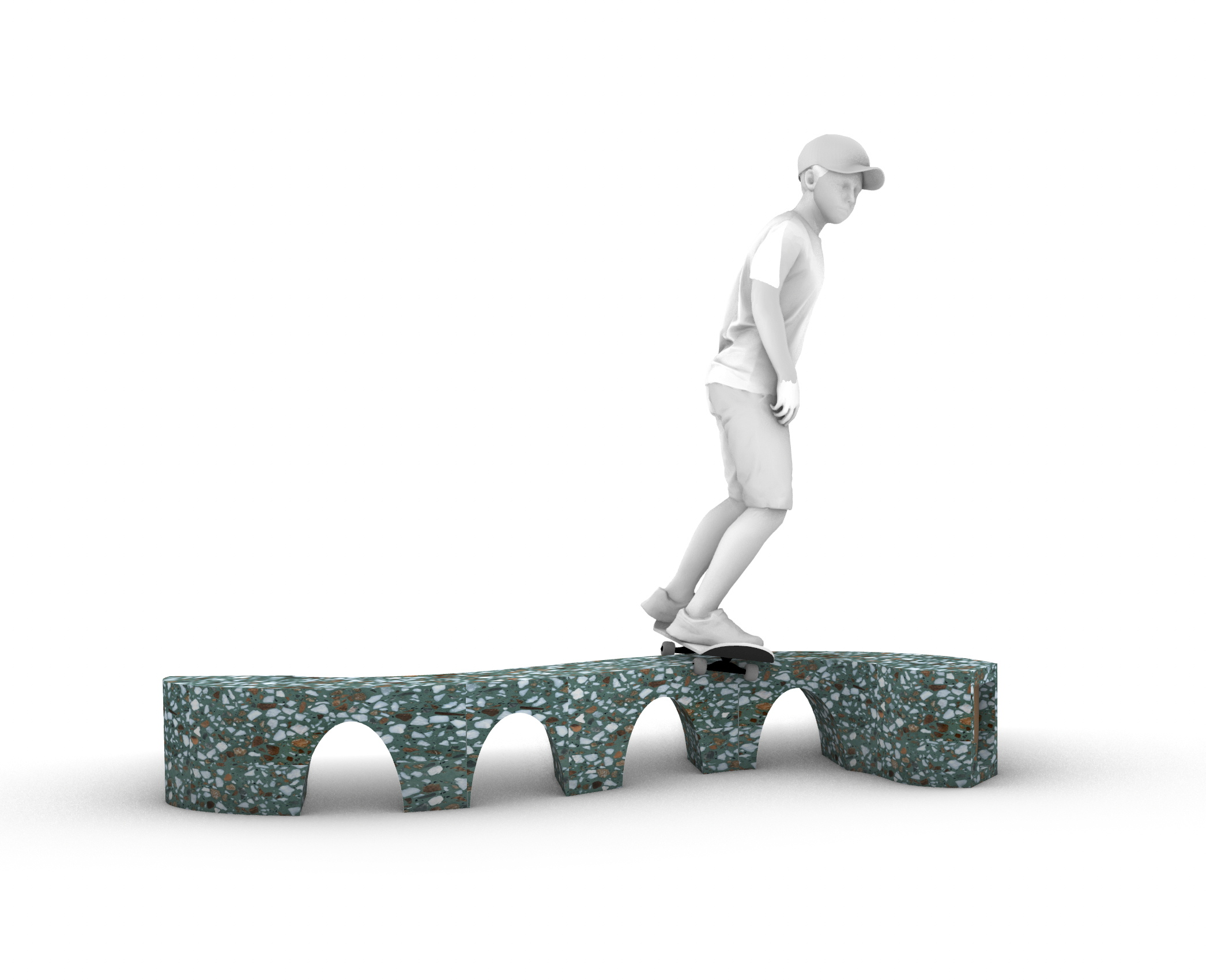
Grey Spaces, Public Planning Places and Urban Play: Skate, create, educate
Sydney
This panel will bring together ‘non-traditional’ skateboarders (such as girls, women, non-binary and LGBTIAQ+ individuals) plus other skaters and participants of various creative sports (e.g. WCMX) to highlight and share ideas from the fields of sociology, public art, architecture, plus industry and sports worlds on ways to develop more creative, playful, safe, sustainable and inclusive cities.
The panel is part of the Skate, Create, Educate and Regenerate collaborative research project at SSSHARC, USYD that considers how skating and other creative sports and subcultures contribute to playful, healthy, creative, sustainable and socially inclusive cities.
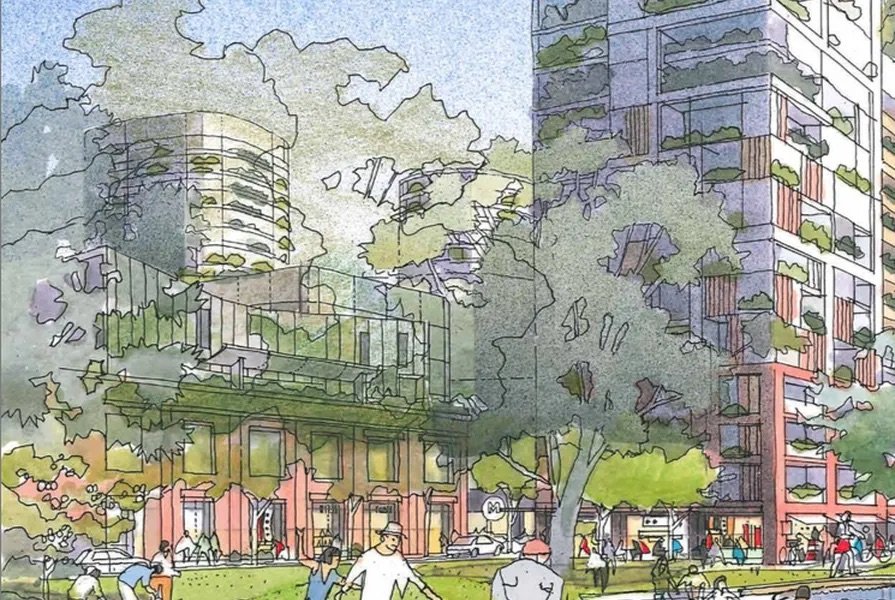
The Future of Public Housing
Sydney
The future of public housing is at a crossroads in Australia. Despite a new national housing and homelessness plan pending, and additional funding to finance 40,000 social and affordable homes over the next 5 years, there is widespread concern that current policy and funding commitments are a far cry from the broad based approach to public rental housing which has supported so many Australians in the past. Join us in this session to reflect on the past century of public housing in Sydney, as well opportunities for a re-invigorated public and social housing sector in the future, asking how the Australian experience compares to public housing elsewhere and what alternatives for public housing we might imagine.
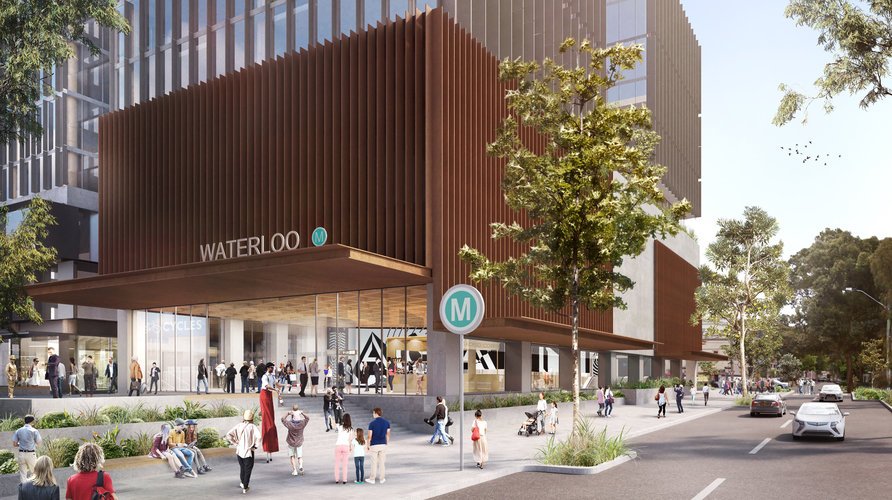
Friday Walking Tour: Waterloo
Sydney
Waterloo remains home to Sydney’s largest public housing estate. It has a particular significance for the area’s traditional Gadigal owners as well as the wider urban First Nations communities who constitute a significant part of its residents. The future of public housing and public urbanism may be determined by actions taken in Waterloo.
Festival of Urbanism participants have an opportunity to visit the Waterloo public housing community and learn about its past and possible futures with members of the community based ‘REDWatch’ advocacy group.
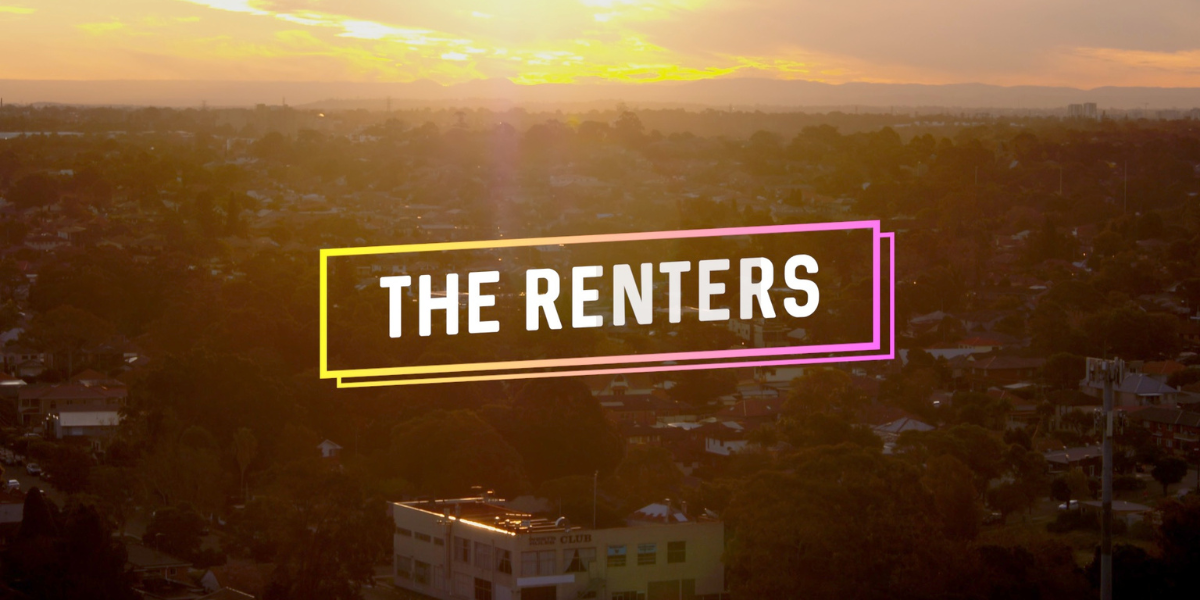
The rental market is a joke: How comedy and social impact documentaries can improve public debate and policy
Sydney
Research has shown that media, performance, film and social impact documentaries have the power to shift public opinion and influence policy change. In this special event, we celebrate a short cut from the pilot of ‘The Renters’: A funny and factual, solutions-led look at Australia's housing crisis, and the solutions at our fingertips; staring satirist Mark Humphries and exec-produced by the Chaser’s Craig Reucassel, followed by a panel conversation featuring Lee Constable: science and climate communicator, author and TV presenter; Bill Code: impact documentary maker; and Mark Humphries.

The Publicness of Transport
Sydney
What is ‘public’ about our urban and regional transport systems - and how public should they be? At the heart of creating more sustainable, equitable, and liveable urban mobility are contested political questions about the ‘publicness’ of transport: Which aspects of transport embody public interests and values? Do our current governance systems serve public interests? Whose futures are at stake? Who holds the power in decision-making? Are private interests capturing our public transport futures and how might we take control of them? This session encompasses critical discussions about how we shape, and share the benefits of, our collective mobility futures.
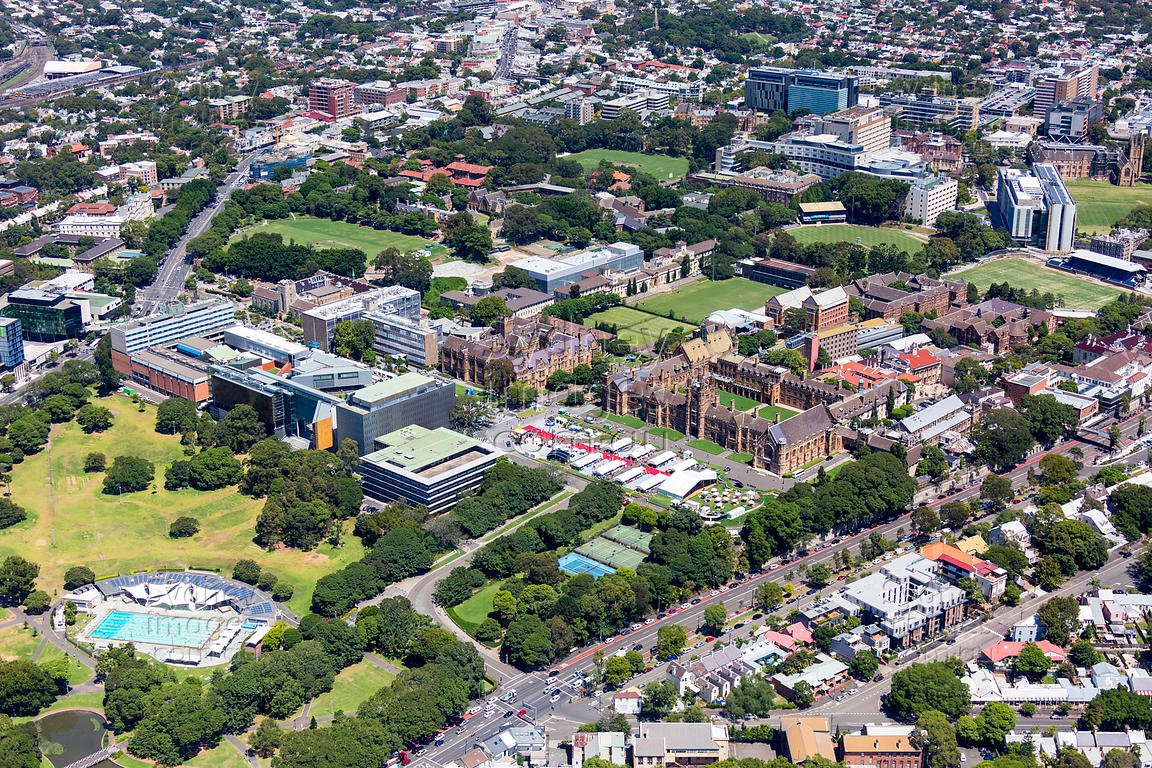
Public Universities and the City
Sydney
University campuses occupy prominent space in our cities and regions, and play critical roles in knowledge discovery and innovation and in educating future professionals and leaders. But with ongoing questions about the cost, accessibility and relevance of university degrees, and wider debates about the impacts of Australia’s third largest export industry – international education – on local housing markets, this panel discusses how Australia’s public universities intersect with their neighbouring communities and wider urban and regional settings.
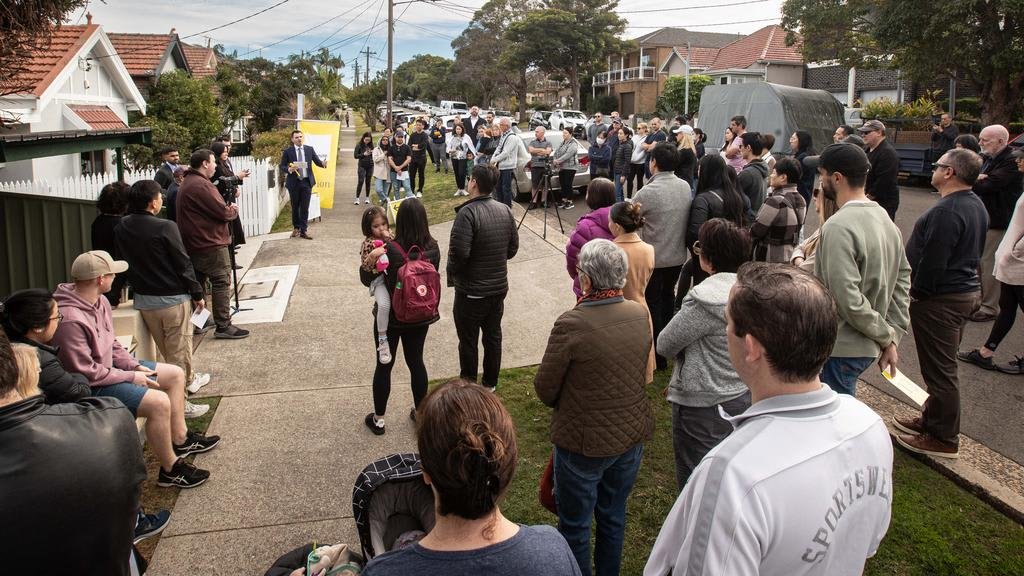
Debate: That The Private Market Can Solve Australia’s Housing Crisis
Sydney
Has Australia’s housing debate turned toxic? On the one side, politicians, industry groups and free marketeers insist that relaxing planning rules will deliver more homes, lowering prices and rents. Others contend that unfair tax settings have pitted property investors against first home buyers, condemning younger generations and middle income workers to a precarious private rental market. Where do you stand on the causes of, and solutions to Australia’s housing crisis? We’ll be inviting you to open your minds for this debate where the winning team is decided by the strength of their persuasion in this Intelligence Squared inspired event.
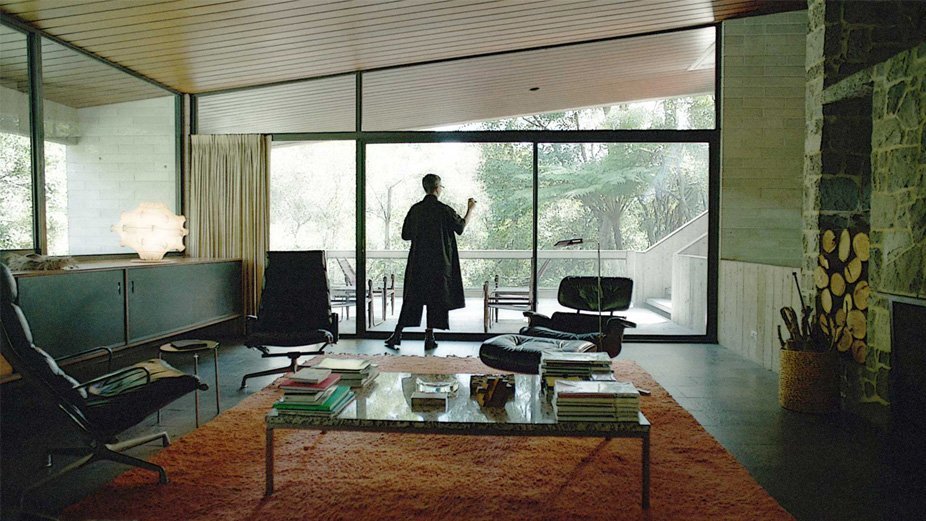
Film Screening: The Housing Question
Sydney
The Housing Question is a collaborative video by Grace and Jubelin, drawing its title from Friedrich Engels’ 1872 text on housing shortages in Germany. Nearly 150 years later, this issue remains central to contemporary debates. The film links modernist town planning, social housing, and today’s urgent issues of access to shelter, especially for refugees. Rich in historical imagery and intimate footage, The Housing Question connects broad social issues with the personal impact of ideas about home. Join us for a special screening of The Housing Question, followed by a discussion featuring Dr Ann Stephen, Senior Curator, of the University of Sydney’s Art Collection, and Helen Grace, filmmaker.
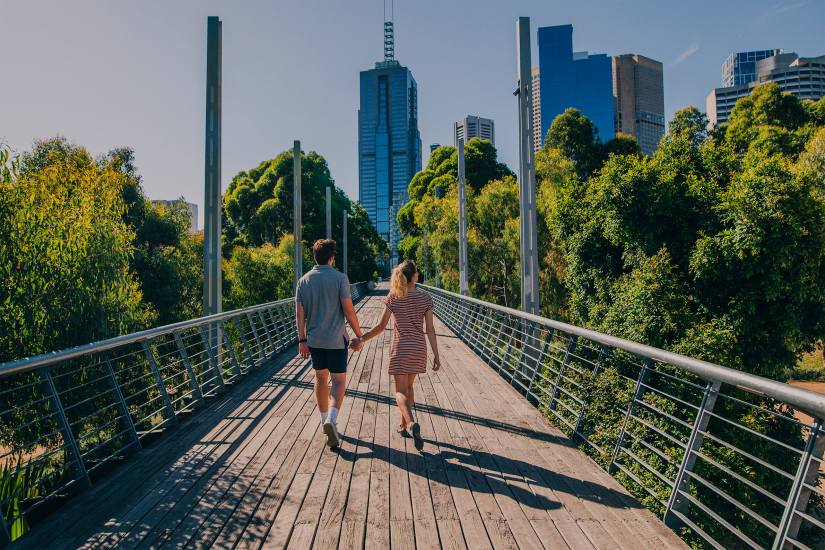
In public health, prevention is better than cure – so why aren’t our cities funded to prevent disease?
Sydney
The way we allocate health funding consistently neglects urban form and function as a determinant of health outcomes. While local governments fight for small infrastructure grants to fund bike paths, our hospitals spend $400 million/year treating heart conditions associated with a lack of physical activity in daily life. In this session, we explore how this has come to be, how it might change, and why a reorientation of health spending towards prevention through better cities is central to human flourishing into the future.
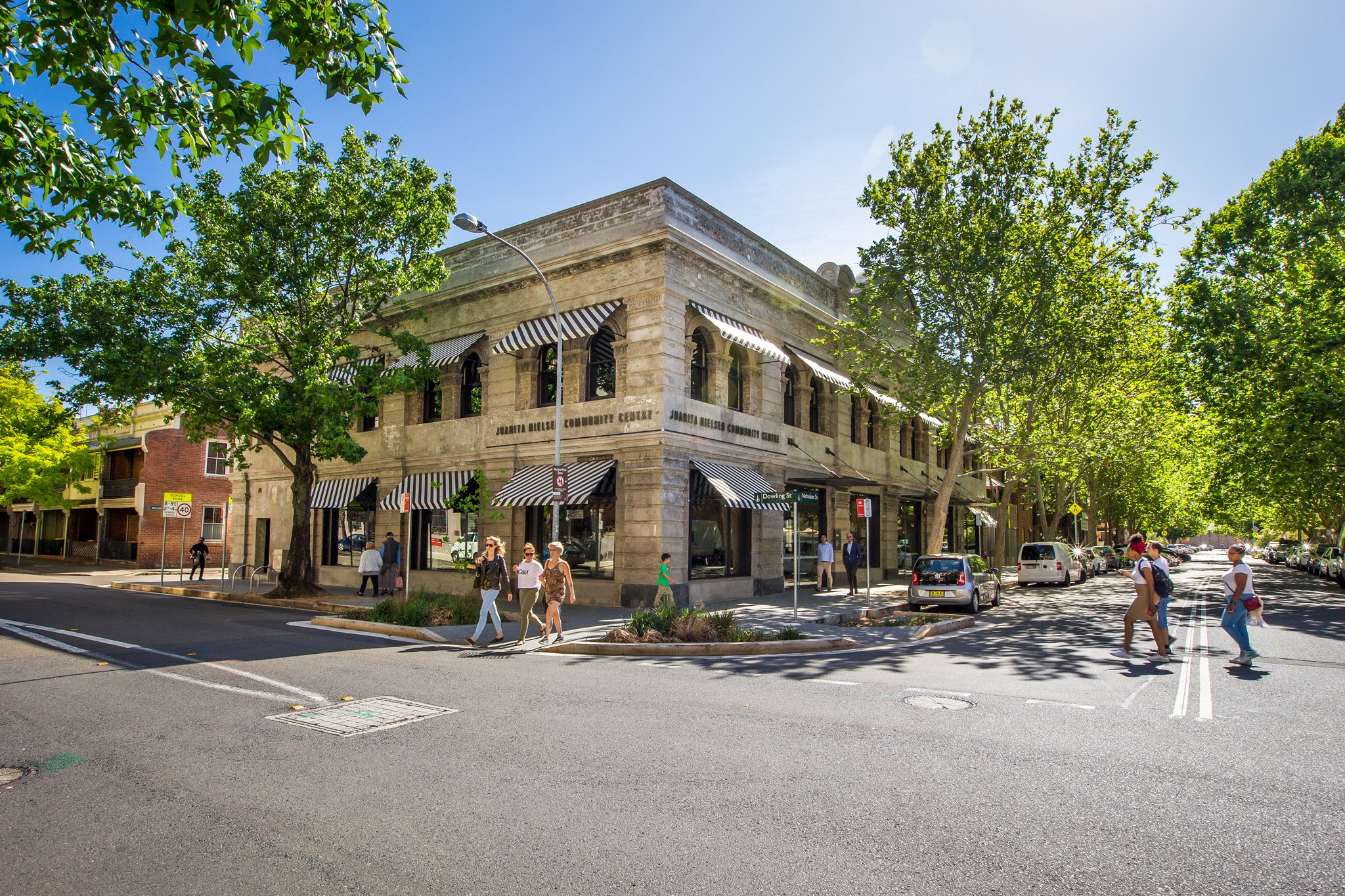
Denis winston memorial lecture: The golden thread in public and democratic life: parks and libraries as the cornerstone of our cities.
Sydney
The public life of great cities takes place in our cultural buildings and civic spaces – from libraries to museums, town halls, streets, parks and playgrounds. This special Denis Winston memorial lecture, delivered by Dr Caroline Butler-Bowdon, State Librarian and award-winning author and curator, celebrates our crucial public infrastructure as the cornerstone of public and democratic life. Dr Butler-Bowdon’s keynote address is followed by an eminent panel conversation between Dr Rob Stokes, former Minister for Planning and Public Spaces, and Professor Jennifer Barrett, Professor in Museum Studies and Pro-Vice Chancellor Indigenous at the University of Sydney.
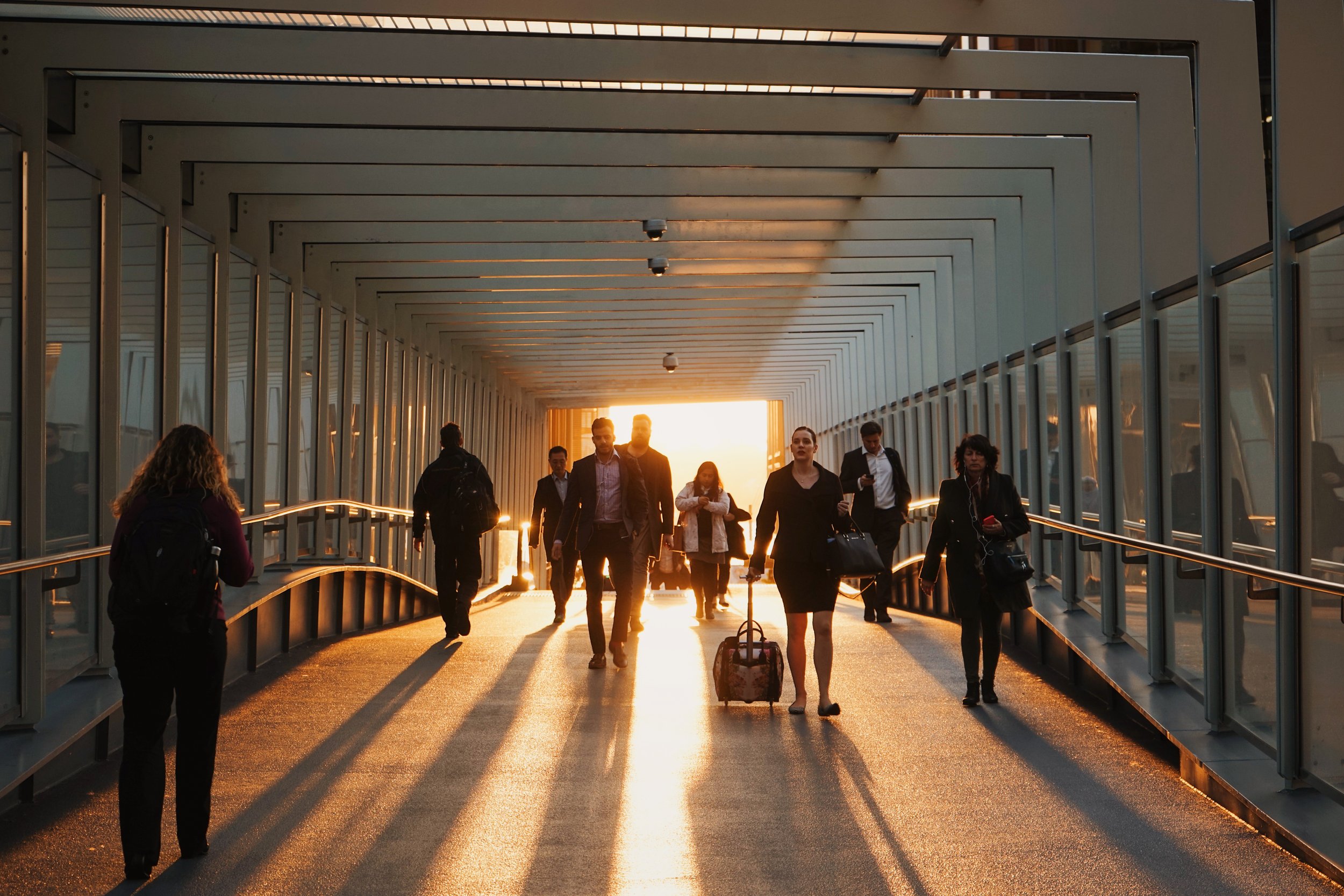
Platformisation, Digital Placemaking and the Public Realm
Sydney
Platforms and ‘smart’ technology have infiltrated public and private spaces in once unimaginable and often invisible ways. We ask our panel of experts whether and how spatial planning processes and traditions should engage with the online forces now shaping urban space, and the implications for interactions in the public realm.
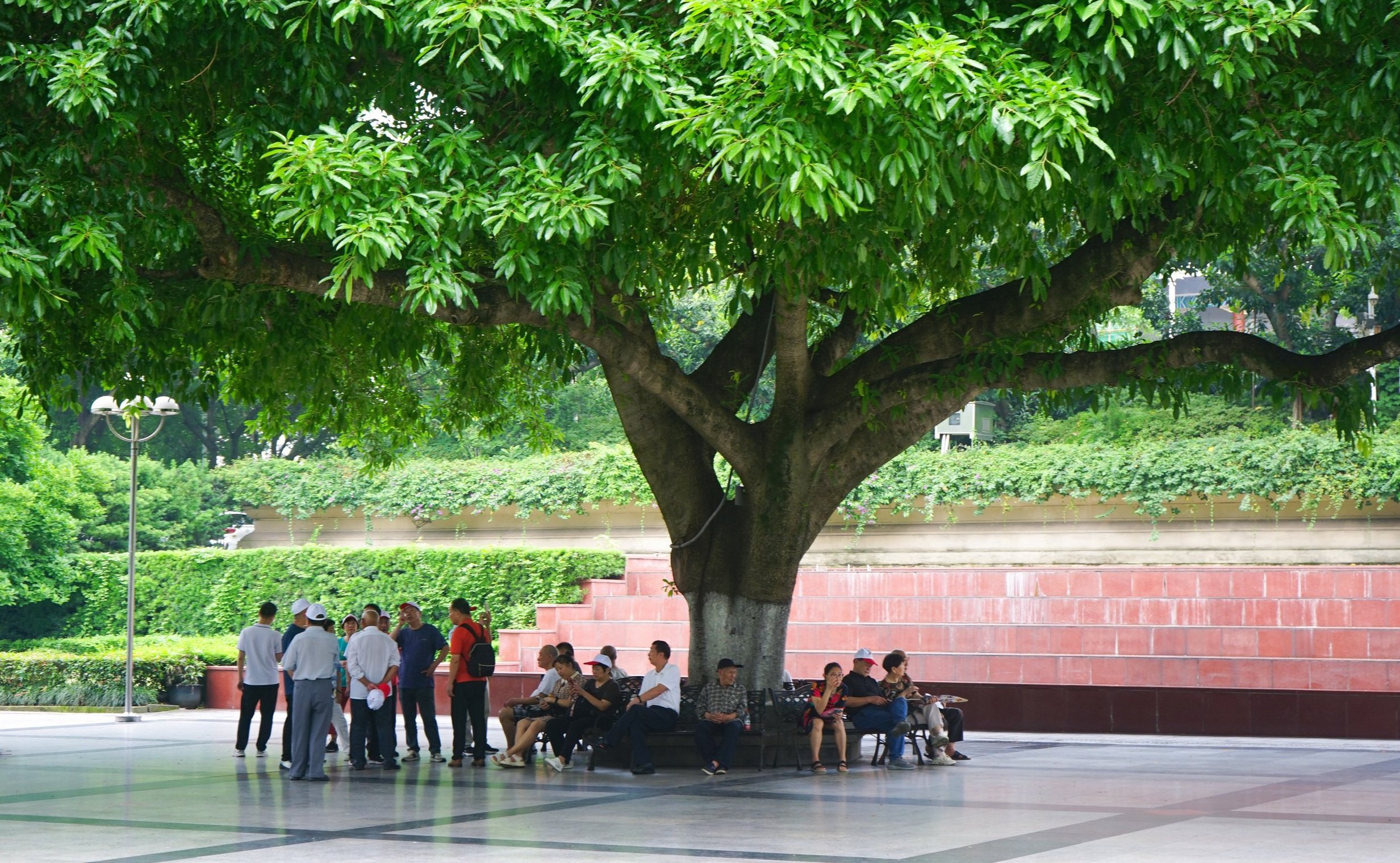
In the public realm, a photo essay
Sydney
Join us for a special photo essay and discussion about public urbanism over afternoon tea, featuring the work of researcher, urbanist and photographer, Dr Vera Xia. Dr Xia will discuss her work in conversation with urbanists Dr Ian Woodcock and Estelle Grech.
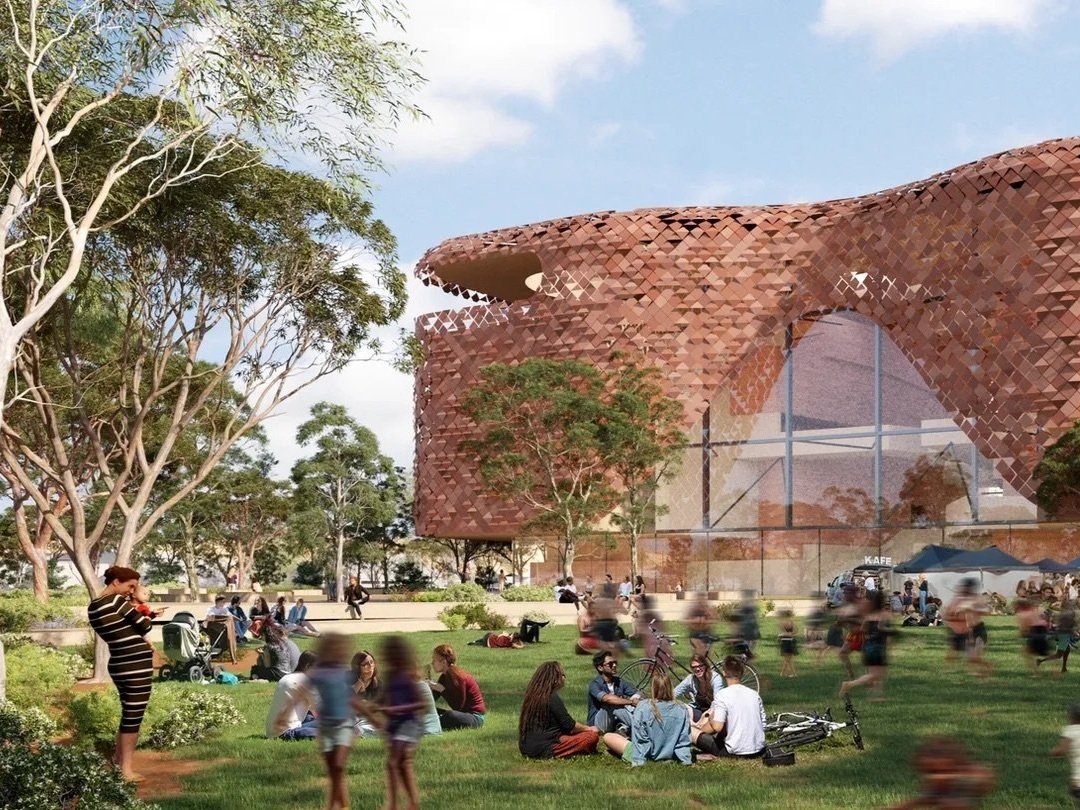
Caring for Country and Community
Sydney
From acknowledging Traditional Owners through to the NSW Government Architect’s seminal Connecting with Country framework, Aboriginal and Torres Strait Islander peoples, knowledge, and culture are increasingly foregrounded in urban and environmental planning documents. This session asks whether and how it is possible to bring about more transformative and restorative First Nations led planning and land management systems and processes.
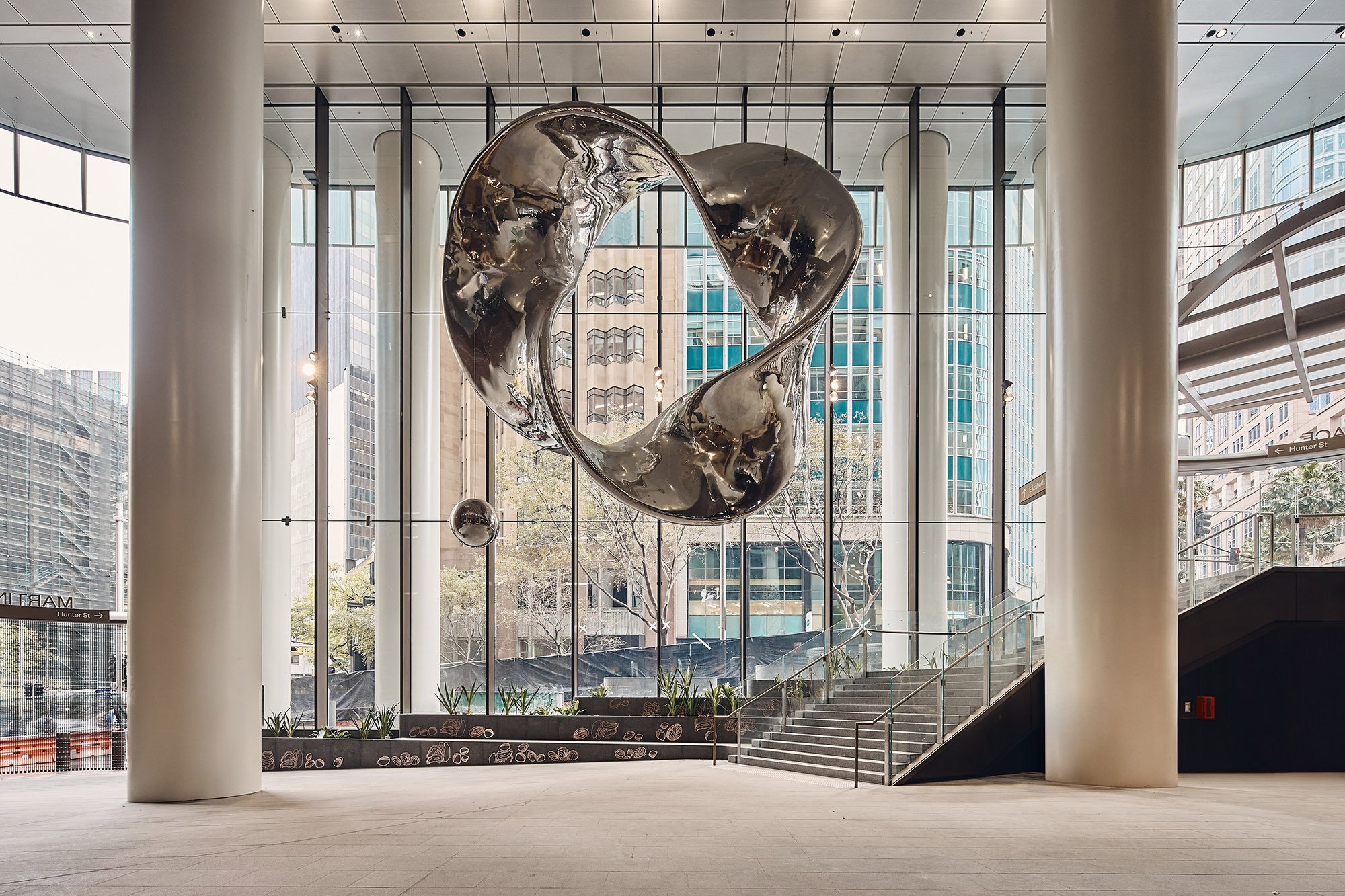
Sunday Walking Tour: Public Art in the City
Sydney
Public art can be found across the city, in parks, city squares or laneways and as part of a new metro station or a private development. Public art can make places more meaningful, helping to weave history and stories into the landscape of the city. Explore the history and stories of a range of public art projects starting at Town Hall and ending up at Circular Quay via the new Martin Place Metro. Discover both new and well established art on this walking tour led by urban design expert, Diana Griffiths.
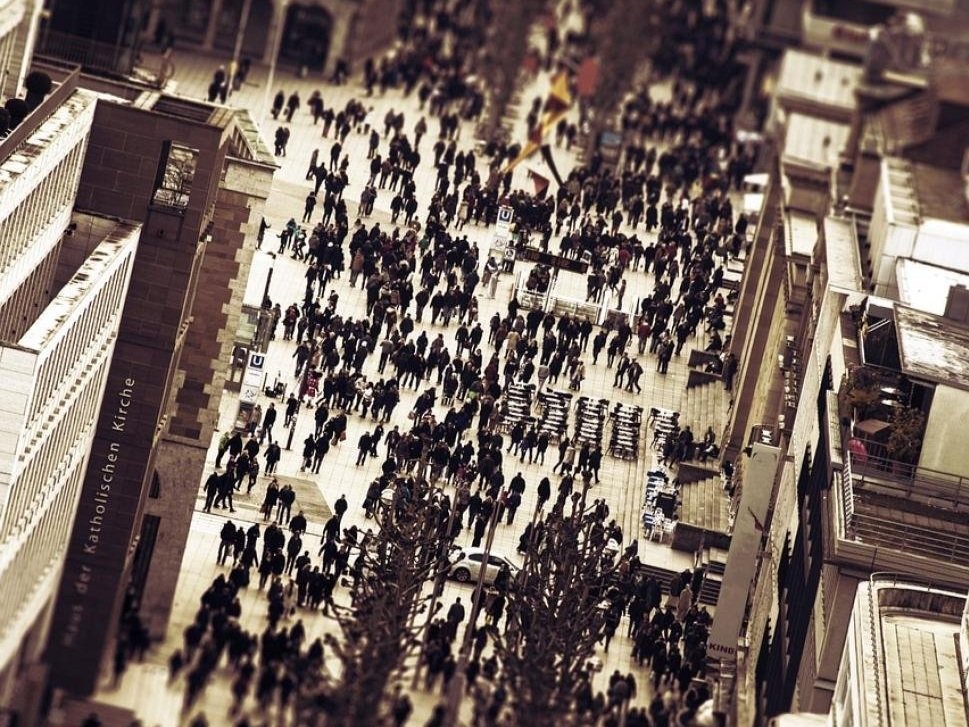
Public (Sub)Urbanism: People, Place and Power
Perth
From parks to civic architecture, well-designed public spaces and infrastructure support the social, cultural, and economic dimensions of urban and suburban life. Public (sub)urbanisms foster community, identity, and social interaction, while challenging perceptions of where we live, work, and play. But are these spaces and their planning processes under threat?
This year’s Festival of Urbanism panel explores the dynamic relationship between people, place, and power. Join urbanism experts as they examine the successes and challenges of public (sub)urbanisms through case studies from Western Australia and beyond.
